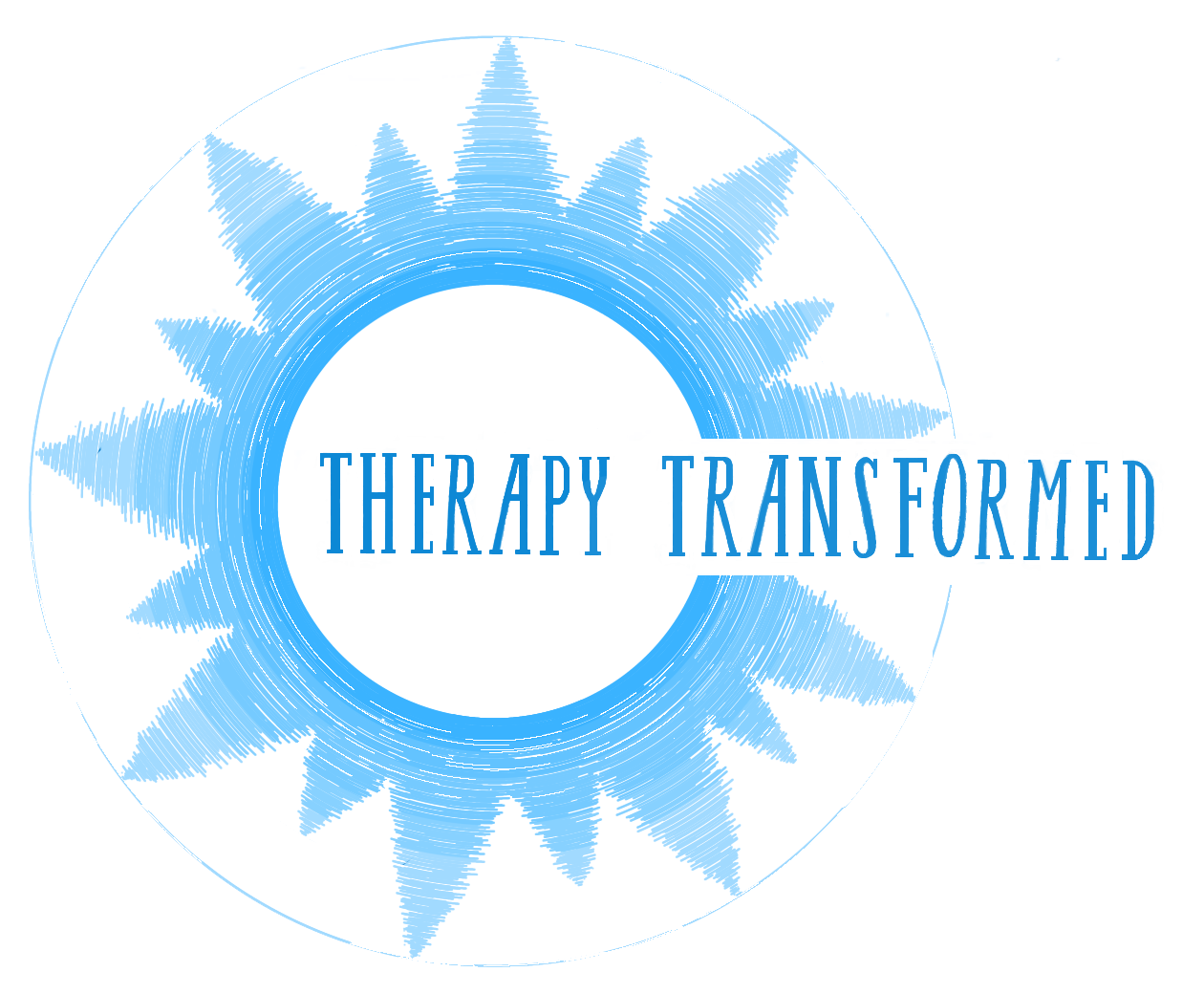


Transformative Self Connection Retreat Opportunity
FlareCircle Women’s Wellness Retreats Offer a Guided Weekend of Empowerment through Intentional Self-care & Connection!
Connect with your authentic self amidst elements of Earth, Water, Air, & Fire in some of the world’s most treasured natural spaces. Each moment is grounded in mental health & hygiene best-practice and expertly designed to help:
- Recharge your sense of self & purpose
- Reconnect with your authentic needs & wants
- Nurture a deep understanding that:
- YOU are worthy
- YOU are enough
- YOU are all you need to build something new
Wondering how to know if this retreat is right for you? ASK YOURSELF!
Consider the following as you dig deep & listen to YOU:
- Do you feel burned out? Exhausted?
- Ready to snap if one more thing goes wrong?
- Are you unhappy, maybe even angry, for no clear reason?
- Terrified of change or failure?
- Desperate to keep things in control & order?
- Do things that once made you feel happy or fulfilled just, not anymore?
These feelings are red alerts of disconnection from our authentic self; warnings that she needs our quality time & healing, like, YESTERDAY.
I felt this way for years, taking Rx meds & trying to “choose to be happy & grateful,” until I finally hit a level of burnout that wouldn’t be ignored. After a long, expensive period of mental & physical health resets, I gained amazing tools to help heal & prevent similar disconnects.
I’ve used these tools to craft a wellness experience that helps us heal before our bodies demand it — a weekend in beautiful, relaxing spaces, surrounded by compassionate support & gentle opportunities to practice hearing & honoring our authentic needs.
Every element is informed by top wellness experts & designed in consultation with world-class teachers & coaches to help YOU build transformative self-trust, self-love, & self-confidence.
This experience is NOT about escape; it’s about nurturing a deep connection with your most authentic self. Because she is the most precious & powerful partner you have. And she has everything it takes to help you face what isn’t working, so you can create & nurture a life you never need to escape.
SPACE IS LIMITED!
Reserve your spot today & get ready to rediscover how worthy of your own time you truly are.
To register or request more info, message FlareCircle via Facebook or Instagram or email flarecirclewellness@gmail.com
Download informational flyer here.
A $700 non-refundable deposit is required at time of booking
+ All attendees must certify full COVID vaccination status to attend.
| Heather Mason
Founder & Principal Coach FlareCircle Wellness Retreats IG: @flarecirclewellness FB: FlareCircleWellness: Women Empowered to Unite, Heal, & Shine |

Back to School Tips for Your Mental Health
Autumn can feel like the unofficial “new year” because it marks the beginning, or return, of school. Whether you’re a parent of school-aged children/teens, or a college student starting the semester, this time of the year can feel pretty overwhelming. Even if you’re used to the cycle there’s always something new — a new school, classes, people, teachers, and stressors.
As mental health providers, we often see an increase in anxiety and depression around this time because of these changes and challenges. Luckily, there are ways to alleviate this and mitigate the effects it may have on our mental health and wellbeing. We’ve taken the time to put together a list of three things you and your family can do to start the new school year off right.
Create a Routine – Adapting to rising demands and unexpected circumstances is difficult for everyone. Oftentimes our emotional and intellectual energy can be quickly depleted from tackling new experiences. This is only amplified if done in a short period of time, like the first week back to school. During this time our bodies and brains are working hard to intake new information and adapt on the fly. Individually we may have a different level of tolerance around how long it takes before we feel depleted, but ultimately we all need a chance to slow down and rest.
Structure, habits, and routine can offer safety and predictability in the face of change. It’s unrealistic to expect we can control or anticipate everything that may come up, but establishing a routine around what we can control will help us preserve our energy for the unexpected challenges. One idea is to create a routine with your mornings and evenings, this way you and/or your family know what to expect outside the school hours. Another might be to create small breaks in the day for a chance to recharge.
In his book Atomic Habits, James Clear lays out a simple, usable guide for creating habits, such as the ones mentioned above. He says, “Success is the product of daily habits — not once-in-a-lifetime transformations.” Small changes to our routines, not lofty goals, is how we make real differences in our lives. If you’re looking for additional resources on this topic check out the book, which we’ve linked here.
Prioritize Sleep – The amount and quality of our sleep is vitally important in every aspect of our lives. Regardless of our age, getting good sleep helps our bodies and brains function at their best. Moreover, many studies have shown a link between sleep and school performance. So, letting yourself or your family get some extra sleep can be a big help. But what more can we do to prioritize sleep?
One of the best ways to improve our “sleep hygiene,” which is the term used for our bedtime habits, is with repetition. For example, sleep researcher Matthew Walker suggests going to bed and waking up at the same time, even on weekends. Predictability and repetition is an important piece of our body’s natural cycle. Sticking to a sleep pattern may be difficult at first, but will become easier over time.
Other factors in sleep hygiene include nighttime routines, such as brushing our teeth, that help signal our brain it’s time for bed. It is also recommended that if you’re having trouble falling asleep that you actually get out of bed and do something else. This helps keep the association between the bed and actual sleep intact. Matthew Walker has great resources on this topic, which we highly encourage you to look into for more help on prioritizing sleep. See his TED Talk video below and his book titled Why We Sleep.
Sleep is your superpower | Matt Walker
See your Therapist – Similar to having a check-up with your medical provider, meeting with your therapist can help start the school year off on the right foot. They can help you practice healthy coping skills and provide positive support with your habits. Most importantly though, therapy can be a safe space for you to openly explore your thoughts and feelings. Here at Therapy Transformed, we prioritize creating this kind of environment and relationship with our clients. We want to help you embrace brave change from within. Reach out to get started with us!
In conclusion, it’s the small things that help the most, including preventative care with our mental health. Of course, it’s important to remember that stress and challenges are part of life no matter what. Even when we have healthy routines, habits, sleep, etc. we will still encounter hard days and stressful times. When we practice accepting the inevitable ebb and flow of life we might find it easier to weather the storms, and embrace the calm too.
Ketamine Assisted Psychotherapy FAQ
 Have you wondered what ketamine treatments are and how they can be helpful? We answer our most common questions here. If you need more information, reach out to us! We’d love to talk to you more about this innovative and promising new treatment.
Have you wondered what ketamine treatments are and how they can be helpful? We answer our most common questions here. If you need more information, reach out to us! We’d love to talk to you more about this innovative and promising new treatment.
What is ketamine?
Ketamine is a type of anesthesia and has been approved for use on humans since the 1970’s. It was first used in the Vietnam War with injured soldiers. Ketamine does not decompress your lungs or your breathing so it is safe to be used in multiple different settings.
Why try ketamine instead of antidepressants and typical psychiatric medication?
Ketamine is a catalyst to allow your body and mind to heal. Research is identifying that individuals who have taken antidepressants for multiple years have stopped receiving any benefit from them due to:
- a) the lack of neuroplasticity in the brain
- b) placebo effect
- c) the plateau effect of medication
- d) serotonin overload
Ketamine creates neuroplasticity in the brain, allowing the serotonin to decompress and dopamine to regenerate. 80% of research studies’ data collection has identified that individuals who have done the standard treatment (6 Ketamine Assisted Psychotherapy sessions within 4-6 weeks) within a 2 year period have not needed antidepressants and have only needed 6 to 12 month “tune-up” Ketamine sessions.
What is ketamine assisted psychotherapy?
In short we call this KAP! It’s exactly what it sounds like – a therapy session

alongside your Ketamine treatment. You go to your ketamine appointment and have a therapist meet with you during the ketamine session. This type of therapy has been researched and approved by the FDA and John Hopkins specifically for Post-Traumatic Stress Disorder (PTSD) and chronic Depression. In addition, research has also found KAP provides significant benefit for chronic and debilitating anxiety, substance abuse, and negative thought cognitions that impact daily life.
Why do KAP in addition to just doing ketamine?
KAP is the new standard of practice. It aligns with ethical and liability standards of care in the medical and therapeutic realms. Ketamine alone, without Psychotherapy, can still have a significant benefit. However, research is showing that Ketamine has longer lasting impacts when trauma, anxiety, depression, and negative narratives are processed concurrently with therapy. And overall, research shows that clients have a better experience through the process.
How do I know if KAP and ketamine are for me?
Talk to your therapist, your medical provider and the doctor who you’d be considering to administer your Ketamine sessions. If you don’t have a therapist or provider but have been struggling with trauma, depression, anxiety, substance abuse or just feel stuck in your thought patterns – consult with a therapist or psychiatrist.
Listen to our KAP specialist, Morgan Gonzales, talk about KAP and all of its benefits.
What does it feel like when you have ketamine?
Ketamine is a psychedelic, meaning it has dissociative properties when administered. What that means for you is that when you are in a controlled psychedelic or “another” conscious state, your mind is able to create and regenerate itself. With the analgesic component, your body is very relaxed. You are in a safe and comfortable clinic setting with medical observation of your vitals. Many describe feelings of being outside of their body. Being outside of your body is a way for your ego to detach emotions from memories. When ketamine wears off, you may have a small amount of tingling in your arms and feet and within a few minutes you are ready to walk and leave the clinic.
Is ketamine for everyone?

No treatment is for everyone. Please consult with a therapist and a psychiatrist to determine if KAP and Ketamine are right for you. Currently, Ketamine has been researched on adults. There is a lack of research on adolescents and children. There may be certain conditions that Ketamine is not best suited for – please refer to your physician or psychiatrist if you have concerns about any medical condition.
Will my insurance pay for it?

Insurance does not cover the standard method of ketamine treatment at this time: IV (Intravenous) or IM (intramuscular) At Therapy Transformed, we partner with a psychiatrist who is a ketamine provider and can offer a financial package for KAP, giving you an affordable option. There are also specific programs that can provide funding up front and low monthly payments. You can ask your provider to talk more about these third party companies to get more information.
What can I expect to feel after ketamine and overall, what will I get out of it?
Everyone is different, because all of us have different minds and bodies. We hope that after 3 sessions each client starts to see significant changes in mood and that after 6 sessions, there is even more progress. We also know that ketamine is not for everyone but allowing yourself to try a journey to another conscious state may provide the catalyst that your mind needs for healing.
April Stress Awareness Tips
Tips for Surviving Spring
Spring can be a joyous time for some and for others it can bring on more unwanted stress. Our therapists have put together some tips to help you enjoy your spring and minimize the amount of stress you feel this month.
Eat your meals outside
If you have a hard time finding time or space to get outside, eat your meals outside. I love eating lunch outside, it helps to break up my work day and gives me a boost during the day. If you can’t do that, just open your front door. It’s still cool enough to not heat up your house, but not so cold that it will bring down your house temp.
Plant something
Touching dirt, earth, mud can ground you to the earth and decrease the anxieties that come with spring.
Free up your to-do list

Minimize – your clutter, your schedule, your commitments. What do you truly value – time with family and loved ones? Building your career? Freedom to relax? To be outdoors? Are you putting energy into those things: if not – what are the barriers? What would an ideal day look like – what’s one step you can take today to start creating that?
Start to notice if you are putting pressure on yourself to ‘make the most’ of spring or summer. I often get anxious knowing I want to savor the summer and enjoy it to the max. That pressure actually makes me feel more agitated than excited. When you start to feel like you have to fill up your calendar and check off all your bucket list items, try to come back to non-judgement and enjoy whatever moment you are in.
Schedule time to do something fun or pleasurable. Often, waiting for the time to present itself will not happen. Don’t wait for burnout, be preventative.
Practice grounding yourself
Practice grounding yourself in the moment. What do you see, hear, touch, smell and taste. Connect w your five senses, narrate in your head how you would describe what you’re experiencing w your senses.

Do it when you’re taking a walk or while you’re doing the dishes, try it when you’re anxious. This uses the same part of your brain that anxious thoughts occupy. So if you increase mindfulness, it will be harder for your anxiety to compete for your focus. If those thoughts start intruding, just acknowledge it and come back to describing. It’s a helpful way to put you back in the driver seat of your thoughts. It is also a way to enrichen a neutral moment and increase vibrancy in your everyday life.
Be intentional
Pause – what do you hope to get out of going on social media right now? For which reason are you working out? What need is that food fulfilling? How much time do you want to spend playing that video game? How much overtime do you want to put into your job? Does it align with what you want to get out of your day/week/year?
Identify the need you’re trying to fulfill with it – is there a better way to meet that need? Identify why you’re choosing it and your life starts to feel more empowered and in-control.
Being intentional is a good way to make sure that how you spend your time aligns with what you want out of your life.
If you’re still feeling overwhelmed and stressed try talking to someone. A trained therapist can help you work through your thoughts, feelings and emotions to allow more of the feelings and sensations that we need like connection, happiness, and a sense of control.

